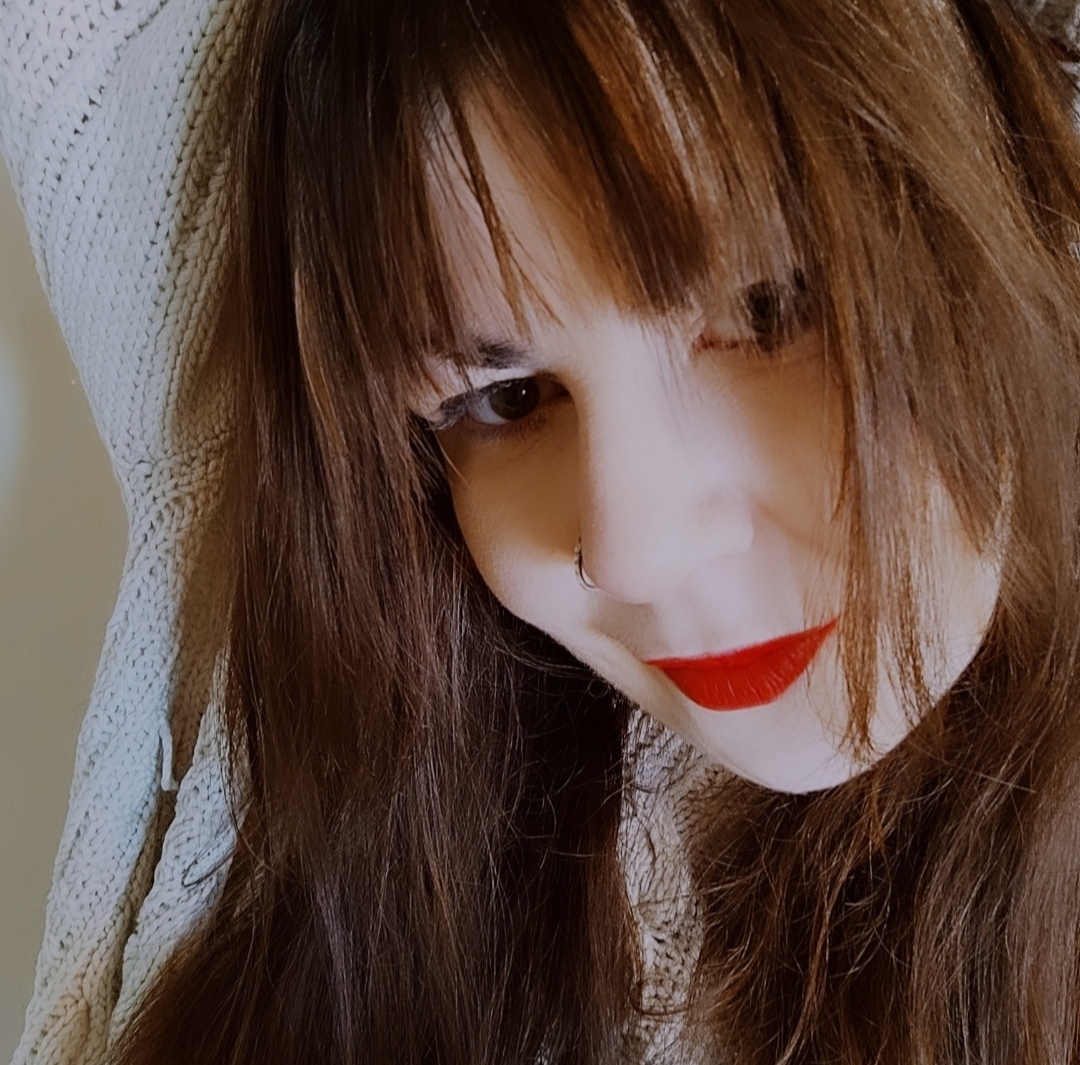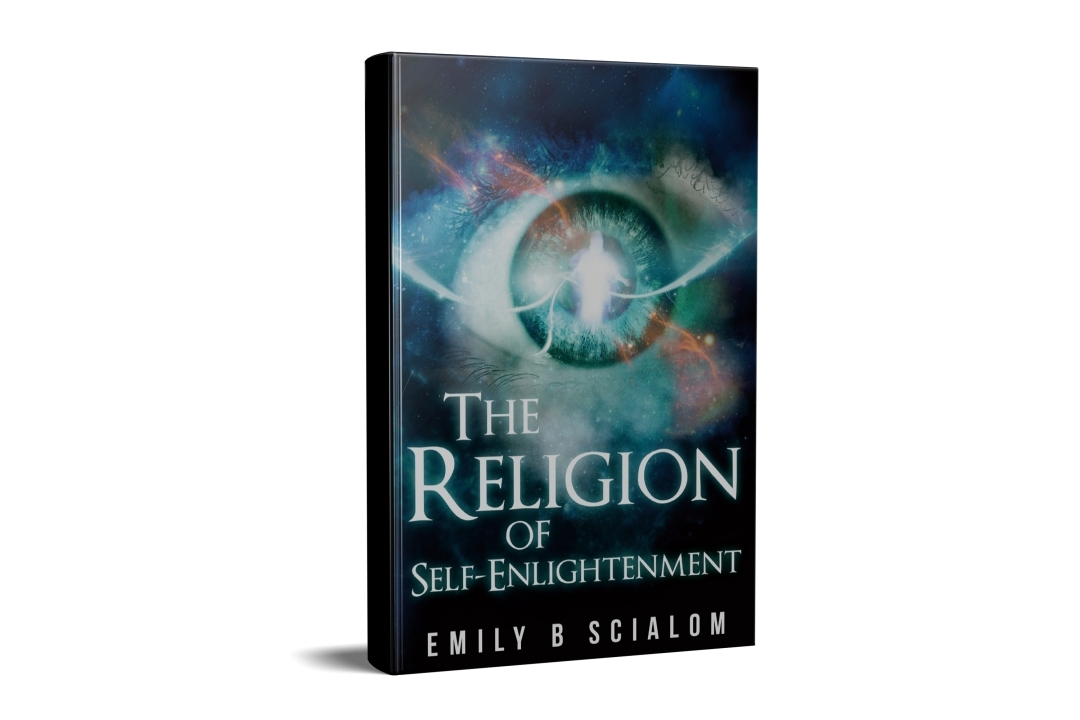
Emily B. Scialom is a multi-genre author of seven books whose work has been praised for its insight, imagination, and emotional depth. Her debut novel, The Religion of Self-Enlightenment, has been hailed as a modern cult classic and was selected as a finalist in the Book Excellence Awards, establishing her as a bold new literary voice.
Based in Cambridge, England, Scialom’s talent emerged early. She became a nationally published poet as a child and was internationally published by the age of seventeen. A graduate of Liverpool University with a BA in Communications, Media and Popular Music, she evolved from poetry and songwriting into fiction, and has also published The Rivers, Eternal Artist, My Searches for Meaning, Viajes Internos, A Moment of Perfection, and The Watch on the Beach. Her work has been featured on BBC Radio, displayed on a Times Square billboard, and celebrated on multiple magazine covers, earning her both national and international acclaim.
This one-on-one interview shares Emily’s background and experience of writing The Religion of Self-Enlightenment.
Tell us about The Religion of Self-Enlightenment.
In The Religion of Self-Enlightenment I explore the spiritual awakening of Carrick Ares, a plain and unremarkable man who initially believes in nothing at all. His life is numb: an unfulfilling job, a relationship he’s detached from, and a conviction that existence is meaningless plague his life. Then, at twenty-nine, a near-death experience shatters his worldview.
Transformed by his glimpse of the afterlife in ways his family cannot understand, Carrick is sent to a psychiatrist, Dr. Paul Turnstone. Their sessions delve into the deepest human questions: identity, progress, and the possibility of life after death. What begins as therapy evolves into a profound connection, but Carrick’s obsessive search for the truth leads him to madness.
Following his eventual hospitalisation, Carrick believes he finds the meaning of life and writes a new religion: The Religion of Self-Enlightenment, a radical reinterpretation of faith, spirituality, and the human condition. By combining our understandings of science and religion to date this novel has proven to be both a psychological portrait and a philosophical challenge, inviting readers to examine what it truly means to awaken.
What inspired you to write The Religion of Self-Enlightenment?
I grew up in two contrasting worlds: Glastonbury, where spirituality is at the centre of everyday life, and Cambridge, where intellectual pursuit reigns supreme. The Religion of Self-Enlightenment was my attempt to bridge that divide, to address our collective discord about beliefs, and ultimately harmonise the spiritual and intellectual worlds.
I wanted to write a novel that celebrated the idiosyncratic nature of our individual perspectives while urging compassion, equality, and unity. For me, God has no fixed physical identity, and the divine belongs equally to us all. Too often, religion has been used to divide, diminish, or exclude. I wanted to reclaim a seat at the table of the divine for each of us, fostering a reality where “all is one” isn’t just a glib concept, but a lived truth.
Writing is how I make sense of life, and The Religion of Self-Enlightenment is my map to a better, more compassionate world.
How did your background and experience influence your writing?
An early poem of mine was published nationally when I was eight years old and I became internationally published as a poet by the age of 16. I began my debut novel, The Religion of Self-Enlightenment, in 2008 after my boss told me an outlandish story from his youth. I realised that when he was younger he had been someone else entirely, but had lost his way in the mundanities of life.
At that moment, the first line of my first book then came to me fully formed: “He was the kind of person who had forgotten why he was here.”
The rest of the book became my quest to explore who he had been, what he had lost, and how we all might rediscover our purpose.
What is one message you would like readers to remember?
If there’s one message I hope readers take away from The Religion of Self-Enlightenment, it’s that our individuality is our greatest gift. Just as no two fingerprints or irises are the same, neither are any two individuals’ perspectives on life.
We live in an age where disagreement too often leads to anger, division, and hostility. I believe the real path forward lies in embracing the full spectrum of beliefs we’ve created as a species, like a vast and beautiful rainbow. Our differences are not a threat, but instead the essence of what makes us human. Diversity needs to be celebrated, not feared.

Purchasing the Book
The Religion of Self-Enlightenment has received positive reviews from well-known literary organizations, authors, and reviewers around the world. Book Excellence writes, “With rich, multi-dimensional characters and a plot that challenges the boundaries of faith and self-realization, The Religion of Self-Enlightenment is a must-read for fans of literary fiction that explores the journey of inner transformation.” In addition, an Amazon reviewer writes, “If you have to buy just one book in your life, let it be this one… you owe it to yourself to go on this incredible journey.”
The book is available for sale on Amazon. Readers are encouraged to purchase their copy today: https://www.amazon.com/Religion-Self-Enlightenment-Emily-Scialom/dp/1848977530
To connect with Emily and learn more about her work, visit: https://www.emilyscialom.com/. You can also find her on Instagram, X, and LinkedIn.
Media Contact
Company Name: Author News Network
Contact Person: Media Relations
Email: Send Email
Country: United States
Website: authornewsnetwork.com






